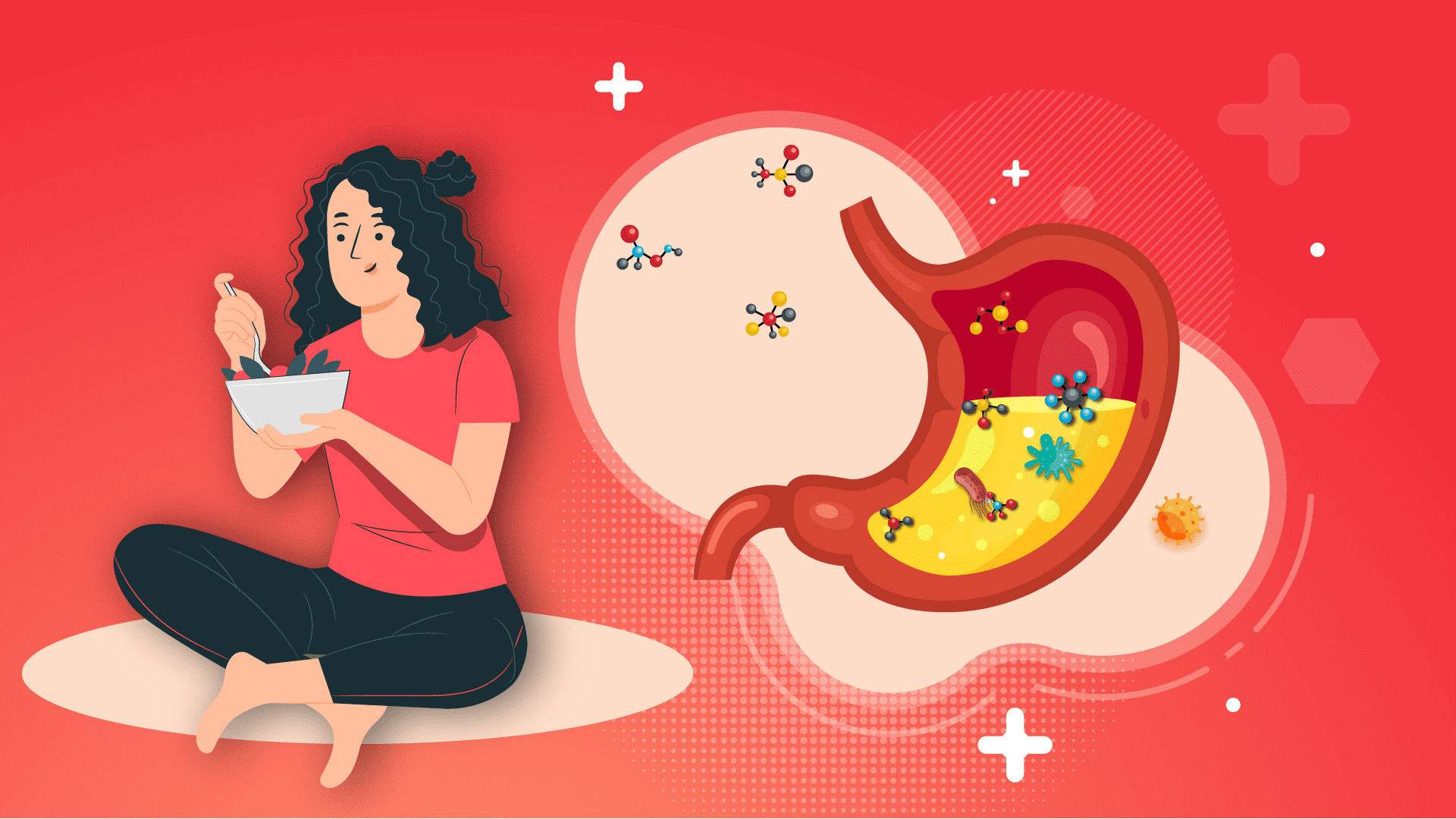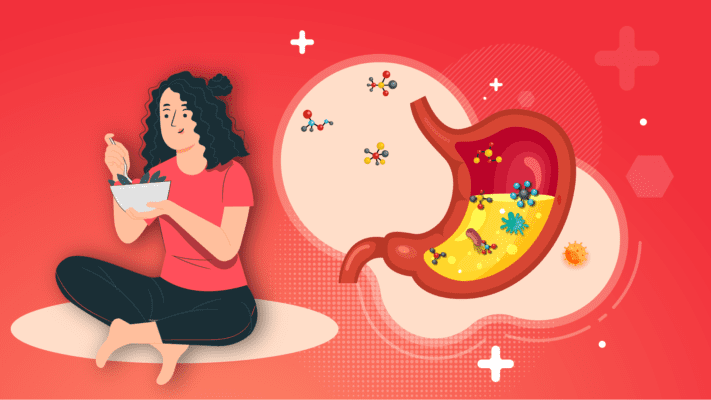
The Role of Gut Microbiota in Diabetes Reversal
The Role of Gut Microbiota in Diabetes Reversal
Diabetes mellitus is a chronic disease characterized by high blood sugar levels that result from the body’s inability to produce or use insulin effectively. There are two main types of diabetes – type 1 diabetes and type 2 diabetes. In type 1 diabetes, the body fails to produce insulin, while in type 2 diabetes, the body is unable to use insulin effectively. Both types of diabetes have been linked to a wide range of complications, including heart disease, kidney disease, neuropathy, and blindness.
In recent years, researchers have been exploring the role of gut microbiota in diabetes development and reversal. Gut microbiota refers to the complex community of microorganisms that reside in the human digestive tract. These microorganisms play a crucial role in human health, influencing various physiological processes, including digestion, immunity, and metabolism. Recent studies have suggested that gut microbiota may play a critical role in the development and progression of diabetes. This article will provide a technical analysis of the role of gut microbiota in diabetes reversal.
The Role of Gut Microbiota in Diabetes Development
The gut microbiota has been linked to several metabolic diseases, including obesity and type 2 diabetes. Research has shown that people with type 2 diabetes have a different composition of gut microbiota than healthy individuals. Specifically, people with type 2 diabetes tend to have less diversity and richness in their gut microbiota. They also tend to have higher levels of harmful bacteria and lower levels of beneficial bacteria in their gut microbiota.
The exact mechanisms through which gut microbiota influence diabetes development are still under investigation. However, researchers have identified several potential pathways through which gut microbiota can affect metabolism and glucose homeostasis. One of the key pathways is through the production of short-chain fatty acids (SCFAs), which are produced by the fermentation of dietary fibers by gut microbiota. SCFAs have been shown to improve glucose homeostasis and insulin sensitivity by activating G protein-coupled receptors (GPCRs) in the gut and other tissues.
Another potential pathway is through the modulation of inflammation. Gut microbiota have been shown to influence immune function and inflammation by interacting with the gut epithelium and immune cells in the gut. Dysbiosis, which refers to an imbalance in the composition and function of gut microbiota, can lead to chronic low-grade inflammation, which is a key driver of insulin resistance and diabetes.
The Role of Gut Microbiota in Diabetes Reversal
Recent research has suggested that gut microbiota may also play a critical role in diabetes reversal. Several studies have shown that dietary interventions that modify gut microbiota can improve glucose homeostasis and insulin sensitivity in people with type 2 diabetes.
One such intervention is the consumption of prebiotics and probiotics. Prebiotics are dietary fibers that are not digested by humans but are fermented by gut microbiota. Probiotics are live microorganisms that confer health benefits when consumed in adequate amounts. Both prebiotics and probiotics have been shown to increase the diversity and richness of gut microbiota and improve glucose homeostasis in people with type 2 diabetes.
Another intervention that has shown promise is fecal microbiota transplantation (FMT). FMT involves the transfer of fecal microbiota from a healthy donor to a recipient. FMT has been shown to improve glucose homeostasis and insulin sensitivity in people with type 2 diabetes by restoring gut microbiota diversity and function.
Conclusion
In conclusion, gut microbiota plays a critical role in diabetes development and reversal. Dysbiosis, which refers to an imbalance in the composition and function of gut microbiota, can lead to chronic low-grade inflammation, insulin resistance, and diabetes.
About Dr Spages
Dr. Jonathan Spages, DC is an expert in Functional Medicine and has exceptional abilities in addressing imbalances that are linked with chronic illnesses such as type II diabetes and hypothyroidism and treating the root causes of the issue. He has rejected the conventional approach of relying on drugs and hormones as the primary solution for these conditions.
Instead, he utilizes innovative diagnostic testing and analysis methods that are not commonly practiced in traditional medicine. Through these techniques, Dr. Spages can identify the underlying reasons why an individual may be suffering from type 2 diabetes or hypothyroidism.







